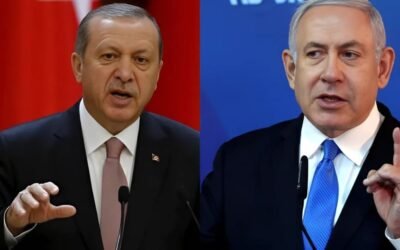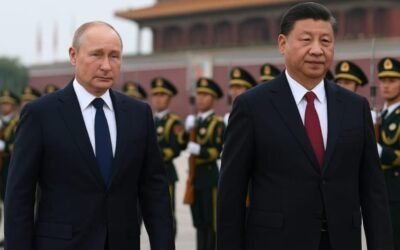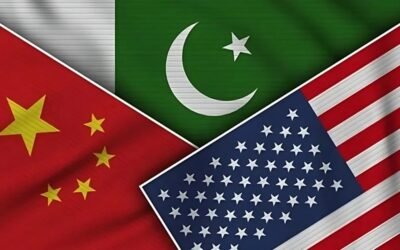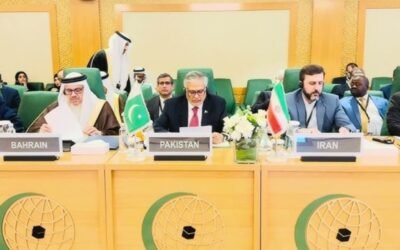As the Afghan Taliban took control of Kabul in August 2021, Islamabad celebrated it as a strategic gain. The leaders of Pakistan had already developed a relationship with the Taliban, and the former Prime Minister Imran Khan even praised the group, stating that they had broken the shackles of slavery of foreign powers. For Islamabad, a Taliban-led Kabul promised influence and stability on its western side. Pakistani policymakers hoped in silence for a neutral government, not hostile, that could stabilize its territory and help regional undertakings (such as the CPEC extensions into Afghanistan). Islamabad even advocated international involvement with Kabul to provide humanitarian aid, and by mid-2024, Pakistan had promoted its presence in Kabul to an ambassadorial level in an attempt to strengthen ties.
The Ministry of Foreign Affairs of the Islamic Emirate of Afghanistan welcomes the decision of the Government of Pakistan to upgrade the level of its diplomatic mission in Kabul to that of an ambassador.
In reciprocity, the Islamic Emirate of Afghanistan will elevate the… pic.twitter.com/ZY1S5TexAR
— Ministry of Foreign Affairs – Afghanistan (@MoFA_Afg) May 31, 2025
The Geopolitical and Strategic Advantages
Following the Taliban’s return to power in 2021, Pakistan moved quickly to secure its interests through diplomatic engagement. Former Foreign Minister Shah Mahmood Qureshi visited Kabul to restore trade and border cooperation, while Afghanistan’s interim government welcomed Pakistan’s upgraded diplomatic mission. Islamabad advocated for inclusive governance and pursued trilateral talks with China and Afghanistan in May 2025, aiming to expand CPEC into Afghan territory and promote regional development.
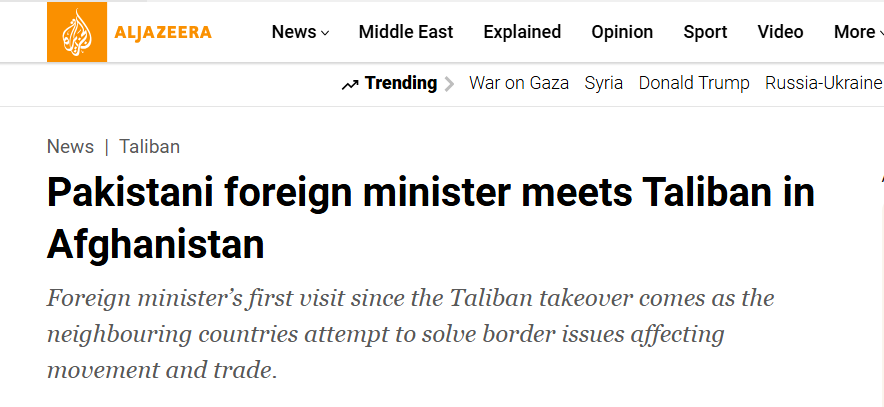
Source: Al-Jazeera
However, these strategic moves were soon overshadowed by rising security threats. The Taliban’s victory revitalized the Pakistani Taliban (FAK), which resumed attacks in Khyber Pakhtunkhwa and Baluchistan, breaking ceasefires and doubling the number of assaults. Islamabad’s assumption that the Taliban would suppress cross-border militancy proved wrong, as Kabul often criticized Pakistani countermeasures, exposing growing mistrust. In 2024, Pakistan saw a sharp 66% surge in terror-related deaths, with over 2,500 civilians and security forces killed by groups operating from Afghan territory, according to the Centre for Research and Security Studies.
Additionally, cross-border tensions escalated, with deadly clashes between Afghan forces and Pakistani troops. Incidents like the 2022 artillery exchange led to the temporary closure of critical trade crossings, notably Chaman and Torkham, vital arteries for Afghanistan’s access to global markets. Pakistan firmly maintains the Durand Line as an internationally recognized boundary, rejecting Afghan objections to border demarcation efforts.
Border Diplomacy and International Affairs
Pakistan has engaged in proactive diplomacy, addressing regional instability through dialogue and multilateralism. It requested the Taliban to embrace a vast government and asked the UN and the West to soften the isolation of Kabul. Pakistan was one of the earliest countries to reopen diplomatic relations with Afghanistan. China played a vital role in facilitating a rapprochement between Pakistan and Kabul. In early 2024, both countries agreed to elevate their diplomatic missions, and during trilateral discussions, all parties committed to combating terrorism and enhancing regional trade corridors.
Pakistan has also enhanced border security by blocking crossings during times of tension, constructing fencing near the Durand Line, and initiating joint patrols. Islamabad has also maintained vital trade routes, despite allegations of cross-border attacks, which reflect the economic links between the two countries.
Economic and Humanitarian Implications
The collapse of Kabul in 2021 showed both positive and negative economic consequences to Pakistan. As Islamabad had hoped to increase trade through Afghanistan, the reality was not so, due to international sanctions and the financial collapse in Kabul. IMF predicted a serious recession in Afghanistan and spillover impacts on the Pakistani economy and public services, particularly in the event of an increase in refugee inflows. Exports such as fresh produce could be interrupted by border closures, and there was the fear that smuggling was being used to fund terrorism.
Pakistan is already host to 1.35 million Afghan refugees, and since the end of 2021, more than 600,000 others have entered the country. This put an increasing burden on the infrastructure and services of the people. As a counter-response, Islamabad established an Illegal Foreigners Repatriation Plan, which resulted in thousands of deportations. Although Pakistan provides security and legal reasons, critics point to human rights threats.
Conclusion
Two years after Kabul fell, Pakistan’s gains remain fragile. Strategically, Islamabad increased its influence and role in Afghan affairs. Diplomatically, it became a key intermediary between Kabul and global powers, especially China. However, security threats have worsened, with a rise in FAK-led militancy and cross-border violence. The influx of refugees has added more strain to Pakistan’s economy and public services.
Overall, while the fall of Kabul created opportunities for regional influence and trade, it also introduced serious security, economic, and humanitarian challenges. Pakistan’s policy has been one of cautious engagement, utilizing the situation to its diplomatic and economic advantage while protecting against destabilizing spillovers. Success depends on ongoing regional cooperation and the Taliban’s willingness to govern responsibly and reduce militancy.


